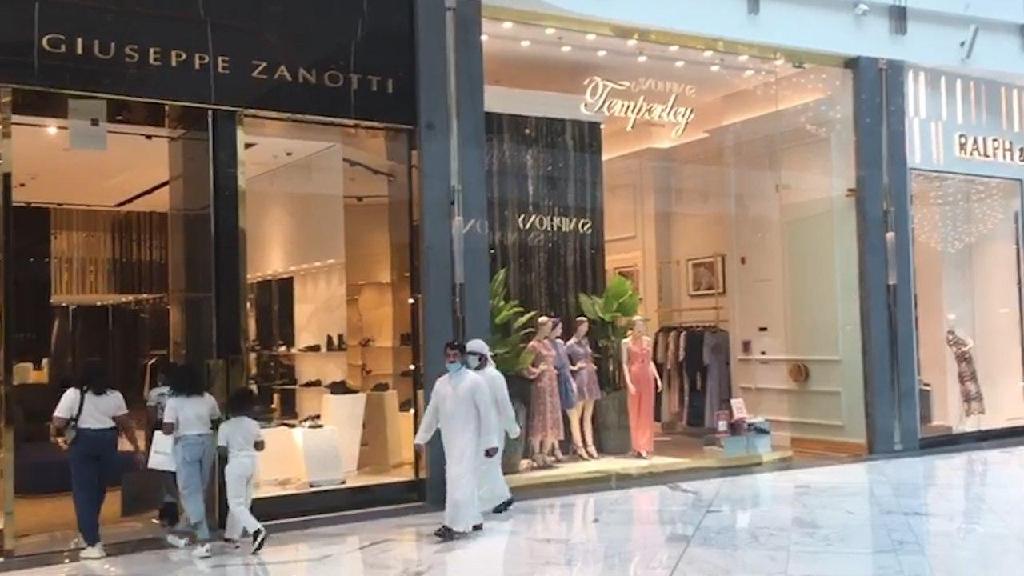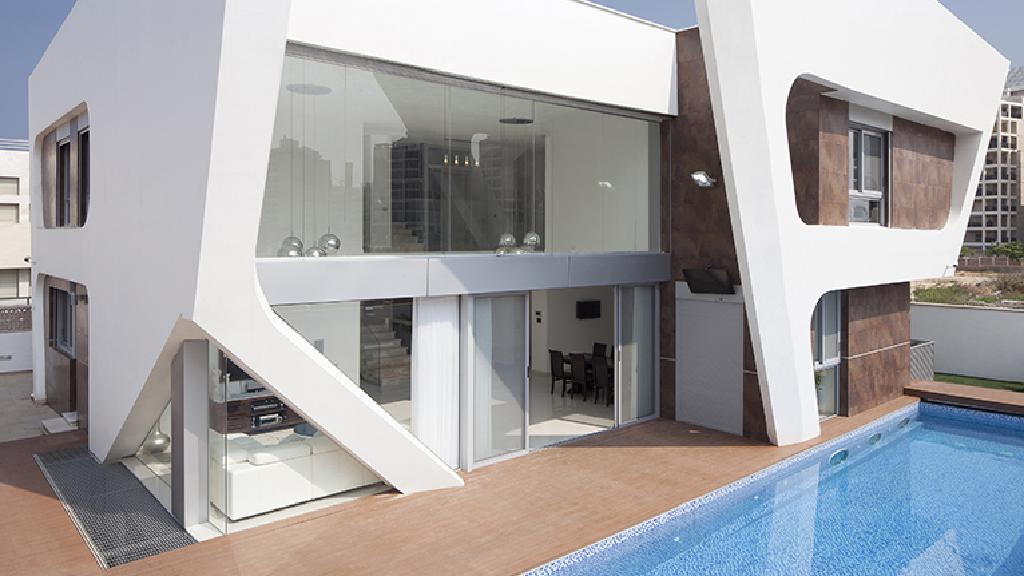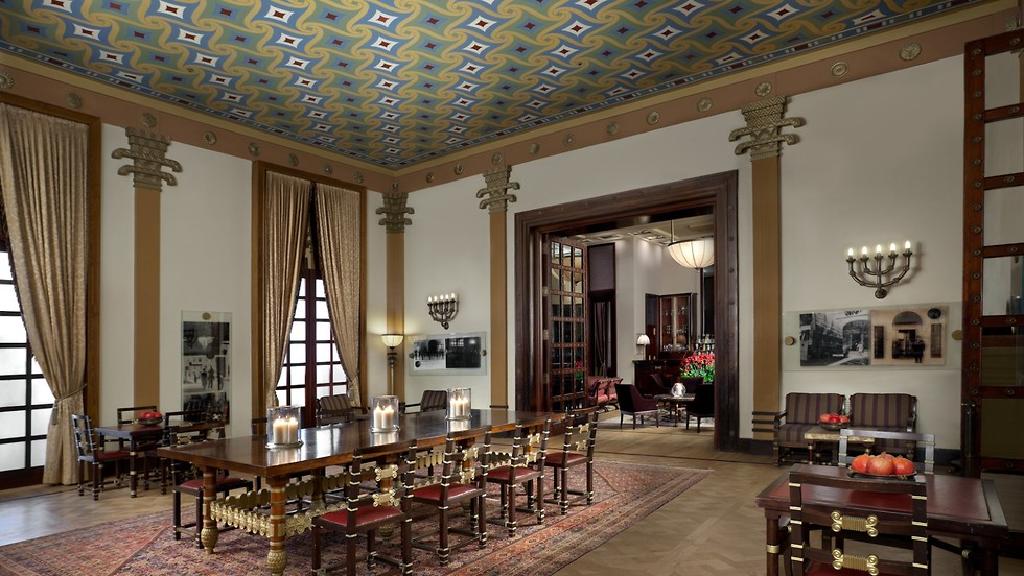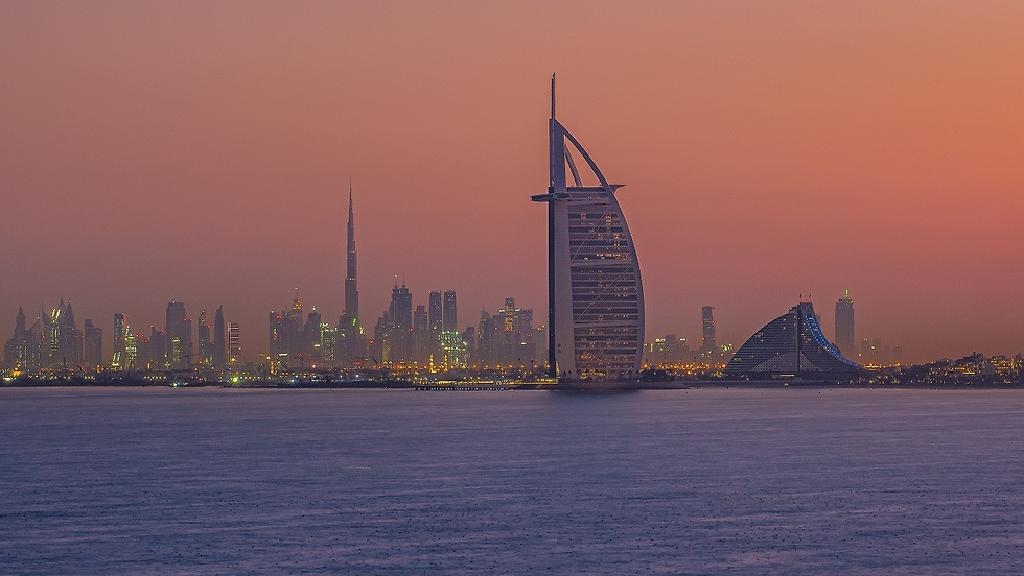Getting your Trinity Audio player ready...
One expert: Those looking for so-called trophy assets might find something close in East Jerusalem
High-level Saudi and United Arab Emirates business people have sent intermediaries to negotiate real estate deals in Israel, according to Gulf-based source who requested anonymity.
The work, still in its first stages, is being undertaken discretely and without publicity, according to the source.
Following last week’s decision by the UAE leadership to lift its economic boycott of Israel, a new economic reality appears to be emerging.
“I would be shocked and surprised if investors are not already looking closely at this market,” Tally Zingher, an attorney, entrepreneur and economic development specialist who has lived and worked in Dubai said.
6 View gallery


A beach front property in the affluent Tel Aviv suburb of Herzliya
(Photo: Orly Shrem Architects)
“Gulf investors are very likely to [become] part of Israel’s real estate landscape,” she stated.
Ghanem Nuseibeh, a Jerusalem-born businessman based in Dubai and London who founded Cornerstone Global Associates Ltd., a London consulting firm, feels the same way.
“Gulf investments in real estate generally fall into two categories: what might be termed ‘trophy assets,’ and assets for strictly financial returns,” he said.
The oft-used real estate adage “Location, location, location” appears to hold true for these investors.
“Trophy assets don’t really exist in Israel, but there might be something that falls in between: namely, assets in east Jerusalem,” Nuseibeh explained.
“I know Gulf investors have been looking around, and some, in fact, have already bought real estate in east Jerusalem,” he said. “You only need a few interested buyers to dramatically increase market value, and I think we will see significant private Gulf real estate investment, particularly in east Jerusalem.”
Is this a game changer for the local real estate market?
“Dubai real estate people are highly sophisticated investors focused on ROI [return on investment]. Their astute financial analysis of projects and their financial interests is of utmost importance,” Zingher says.
“The Emiratis are leaders in brand recognition. They have literally become a brand, building good, deep relationships with Asian and European business interests,” she notes.
Just look to the myriad of European football clubs whose shirts are emblazed with Gulf businesses like Fly Emirates (AC Milan, Real Madrid, Arsenal FC, Paris Saint-Germain) or Qatar Airways (AS Roma, FC Bayern Munich and, until recently, FC Barcelona).
“The UAE is now the global business crossroads and is far more connected to the world than Israel,” Zingher says.
To her, this presents an excellent business opportunity for the tourism sector.
“Tourism, specifically high-end tourism, is one of their specialties,” she said of the Emiratis, indicating what she thinks is a “natural compatibility” for Israel.
“Imagine,” she says, “exclusive, high-end hotel facilities for Israeli tourism. Branding facilities and their maintenance can be a real contribution from Gulf investors.”
Nuseibeh concurs about tourism.“With religious tourism likely to pick up, I think real estate in east Jerusalem, both hotels and private [residences], has the potential to be transformed,” he said.
The likelihood for investment in Israel’s commercial and business real estate sector is more nuanced, Moti Barzilay, executive vice president of business development at Alony-Hetz, a holding group investing in Israeli and international commercial and office space, says.
Though Israel is unique in two important aspects – it is the OECD country with the highest population growth, and the country’s economic driver is based on hi-tech – it is still a small market.
“Our CBD [Central Business District – Metro Tel Aviv] only has 90 million sq. feet of office space compared to London, with 240 million sq. feet, or Washington, DC, at 350 million sq. feet,” he explained.
“In addition, the [Israeli] market lacks liquidity because major local investment groups like pension funds or insurance companies use real estate as long-term investment vehicles,” he said.
“It is unlikely that Gulf investors will quickly seek opportunities. They know how to build trophy buildings, and space for them is far more plentiful in the Gulf,” Barzilay continues, although in the longer-term, he says, Israel represents a unique opportunity because development margins, the delta between yield on cost and the cost of long-term debt, is exciting.
“Israel’s development margin is more than 600 basis points, which favorably compares to the world average of between 300 and 400 basis points,” he stated.
“With the upcoming decade’s investment opportunities in infrastructure and utilities, we believe that there is an opening for Gulf real estate investment groups,” he continued. “We would welcome them in becoming equity partners in local firms or joining partnerships.”
The coronavirus, however, is complicating the investment climate not only in Israel, but around the world. The pandemic is putting a major drag on economic opportunities around the globe, directly affecting investments.
“This corona period is challenging, to say the least,” Zingher said, “and I cannot see much happening until after this rough period.”






